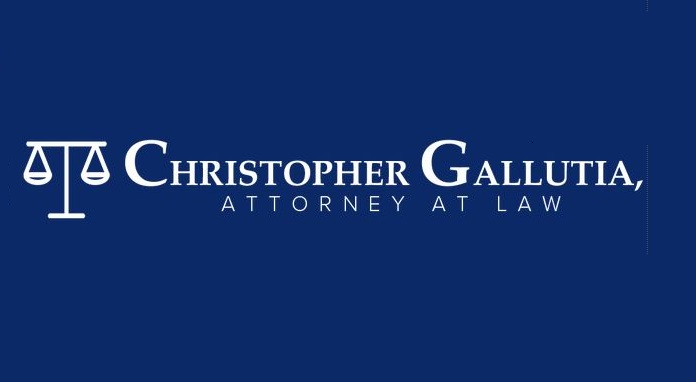Preferential Payment
What does Preferential Payment mean?
Preferential payments are payments made to creditors within 90 days of a filing bankruptcy or within one year if the creditor is considered an insider. A payment is designated as preferential if it gives the creditor more than the creditor would receive in a debtor's Chapter 7 case.
Under bankruptcy law, the trustee is able to cancel or avoid any transfer of the debtor's assets if the transfer is considered preferential and is for the benefit of the creditor, if the transfer was made while the debtor was considered insolvent, or if the debt payment was made for a debt owed prior to the transfer. Information for preferential payments is outlined in U.S. Bankruptcy Code section 547. One of the biggest issues for creditors is if they have received payment from the debtor and disbursed the funds and no longer have the money to repay the bankruptcy court.
There are some exemptions to the preferential payment rule. For example, common exceptions exist if the payment was "made as part of a contemporaneous exchange for new value given, where the payment was made in the ordinary course of business between the debtor and creditor, where the transfer creates a security interest in property acquired by the debtor securing a new value given after signing a security agreement describing the property as collateral and given by or on behalf of the secured party to enable the debtor to acquire the property and where the debtor does acquire the property."
Lawyers near
Term of the Day
Abuse of a child
Abuse is any act against a child which results in death, serious physical or emotional harm, or sexual abuse.
Category: Adoption





